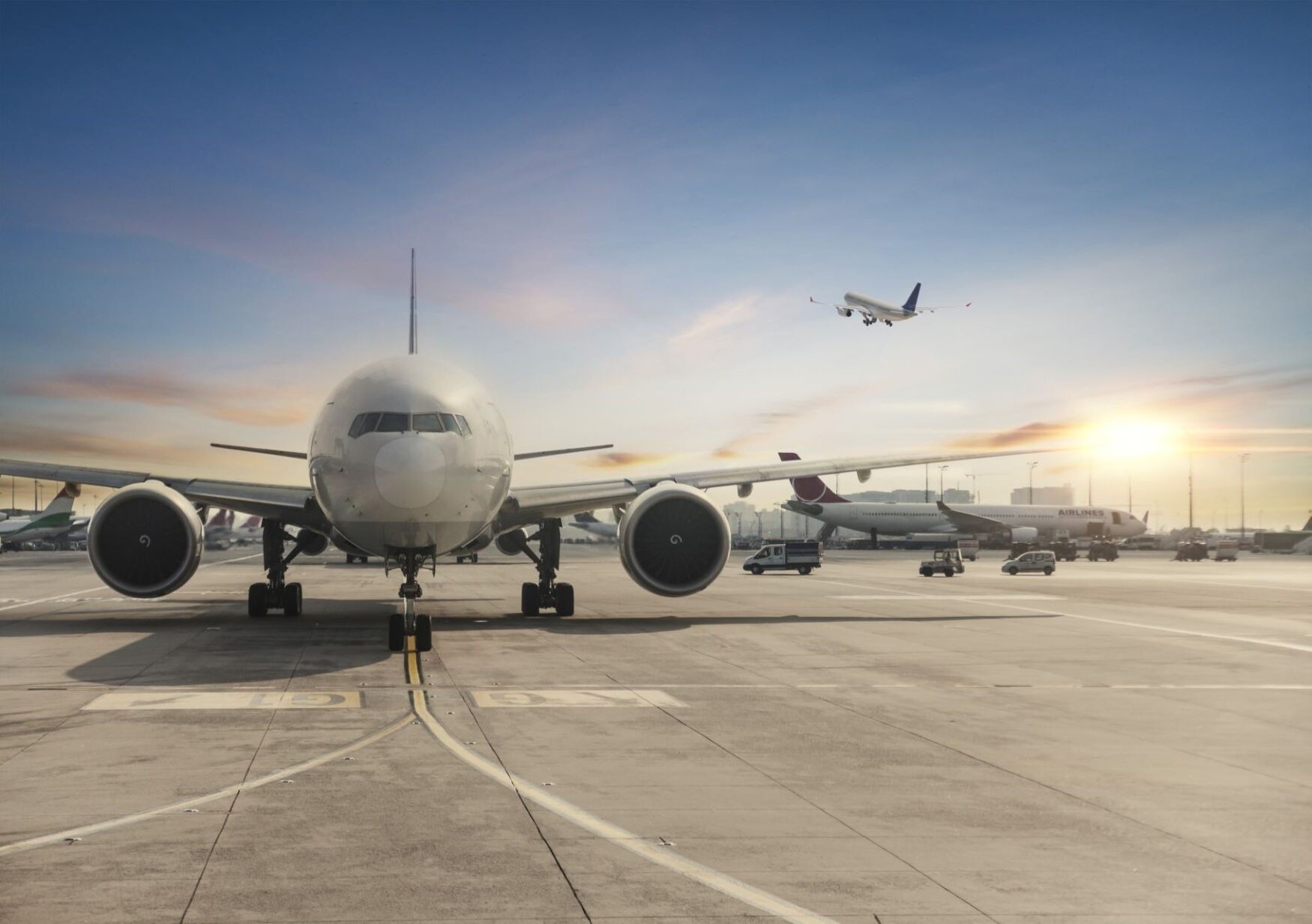
Ever wondered what goes on behind the scenes of airline flight operations? Airline flight operations involve a complex web of activities ensuring every flight takes off, flies, and lands safely. From the meticulous planning of flight paths to the coordination between pilots and air traffic controllers, each step is crucial. Pilots rely on precise data and weather updates, while ground crews handle everything from fueling to baggage. Air traffic controllers monitor skies to prevent collisions and manage traffic flow. Even the cabin crew plays a vital role in passenger safety and comfort. Curious about more? Let's dive into 12 fascinating facts about airline flight operations!
Key Takeaways:
- Airline flight operations involve meticulous planning, rigorous safety measures, and advanced technologies to ensure passenger safety and efficient travel. From flight planning to environmental sustainability, the aviation industry is constantly evolving to meet the demands of modern travel.
- The economics of airline operations are complex, with fuel costs, dynamic pricing, and loyalty programs all playing a role in ticket prices and profitability. Airlines are also making efforts to reduce their environmental impact through fuel-efficient aircraft and carbon offset programs.
The Complexity of Airline Flight Operations
Airline flight operations involve a myriad of tasks and processes. From planning routes to ensuring passenger safety, every detail matters. Here are some fascinating facts about what goes on behind the scenes.
-
Flight Planning is a Science
Airlines use advanced software to plan routes. These programs consider weather, air traffic, and fuel efficiency. Pilots receive detailed flight plans before takeoff. -
Pilots Undergo Rigorous Training
Becoming a pilot isn't easy. Training includes hundreds of flight hours, simulator sessions, and exams. Pilots must also pass medical tests regularly. -
Air Traffic Controllers Manage the Skies
Controllers guide planes during takeoff, flight, and landing. They communicate with pilots to ensure safe distances between aircraft. Their job is crucial for avoiding collisions.
Safety Measures in Airline Operations
Safety is the top priority in aviation. Numerous protocols and technologies ensure passengers and crew remain safe throughout the journey.
-
Aircraft Undergo Regular Maintenance
Planes are inspected and maintained regularly. Engineers check engines, electronics, and structural components. Any issues are fixed before the aircraft can fly again. -
Cabin Crew Training is Extensive
Flight attendants do more than serve drinks. They are trained in first aid, emergency procedures, and passenger safety. Their training helps them handle various in-flight situations. -
Advanced Technology Monitors Flights
Modern aircraft are equipped with sophisticated systems. These include autopilot, weather radar, and collision avoidance systems. Pilots rely on these technologies for safe flying.
The Economics of Airline Operations
Running an airline is expensive. From fuel costs to staff salaries, many factors influence ticket prices and profitability.
-
Fuel is a Major Expense
Jet fuel is one of the largest costs for airlines. Prices fluctuate based on global oil markets. Airlines often hedge fuel prices to manage costs. -
Airlines Use Dynamic Pricing
Ticket prices change based on demand, booking time, and competition. Airlines use algorithms to set prices, maximizing revenue while filling seats. -
Frequent Flyer Programs Boost Loyalty
Many airlines offer loyalty programs. Passengers earn miles or points for flights, which can be redeemed for rewards. These programs encourage repeat business.
Environmental Impact and Sustainability
Airlines are working to reduce their environmental footprint. Efforts include using more efficient aircraft and exploring alternative fuels.
-
New Aircraft are More Fuel-Efficient
Modern planes like the Boeing 787 and Airbus A350 use less fuel. They are designed with advanced materials and aerodynamics, reducing emissions. -
Airlines are Testing Biofuels
Some airlines are experimenting with biofuels. These fuels are made from renewable resources like algae or plant oils. They produce fewer emissions than traditional jet fuel. -
Carbon Offsetting Programs
Many airlines offer carbon offset programs. Passengers can pay extra to offset their flight's carbon emissions. The money funds environmental projects like reforestation.
Final Takeaways on Airline Flight Operations
Understanding airline flight operations gives you a peek behind the curtain of air travel. From the complex planning of flight routes to the meticulous coordination between pilots and ground staff, every detail matters. Weather conditions, air traffic control, and fuel management are just a few of the critical factors that ensure safe and efficient flights. Pilots undergo rigorous training, and airlines invest heavily in technology to keep everything running smoothly. Next time you board a plane, you'll appreciate the intricate dance that gets you from point A to point B. So, the next time you fly, remember the countless hours of preparation and expertise that make your journey possible. Safe travels!
Frequently Asked Questions
Was this page helpful?
Our commitment to delivering trustworthy and engaging content is at the heart of what we do. Each fact on our site is contributed by real users like you, bringing a wealth of diverse insights and information. To ensure the highest standards of accuracy and reliability, our dedicated editors meticulously review each submission. This process guarantees that the facts we share are not only fascinating but also credible. Trust in our commitment to quality and authenticity as you explore and learn with us.


